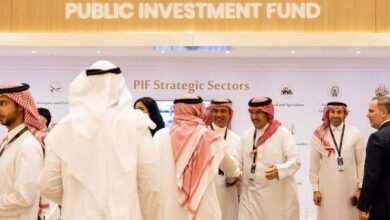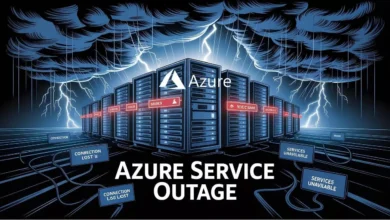
Dubai Rents Rise by 15%: Key Insights from the Latest Rental Index Update
The Dubai real estate market has once again captured global attention as rents in the emirate surge by up to 15% following the latest rental index update. This significant increase has sent ripples through the housing market, affecting both tenants and property owners across various neighborhoods. The Real Estate Regulatory Authority’s recent adjustments to the RERA Rental Index have triggered a wave of changes in Dubai’s dynamic property landscape.
This article delves into the key aspects of Dubai’s rental market surge, examining its impact on different property types and locations. It explores how the rent hikes are affecting Dubai apartment rents in areas like Jumeirah Village Circle and Discovery Gardens, as well as villa rents in communities such as The Meadows and The Springs. The analysis also covers the economic implications of these increases, including their effect on household incomes and the broader Dubai housing market. By examining transaction volumes and off-plan sales, the article provides a comprehensive overview of the current state of Dubai’s real estate sector.
Dubai’s Rental Market Surge
15% Increase Since RERA Update
Dubai’s rental market has experienced a significant surge, with rents rising up to 15% following the Real Estate Regulatory Authority (RERA) Rental Index update in March. This increase has had a substantial impact on the housing market, affecting both tenants and property owners across various neighborhoods.
64% Rise from Pre-COVID Levels
The rental market’s growth has been even more pronounced when compared to pre-pandemic levels. Rents have soared by 64% since the first quarter of 2020, showcasing the market’s resilience and ability to bounce back from economic challenges. This consistent upward trend has persisted for 14 consecutive quarters, reflecting the strong demand for rental properties in Dubai.
Renewal vs. New Lease Trends
A notable trend has emerged in the rental market, with a widening gap between new contracts and lease renewals. Many tenants are opting to stay put, as rental increases during renewals are generally lower compared to signing new leases. This has resulted in a higher number of renewals compared to new leases, as tenants seek to avoid the steeper costs associated with relocating.
Property Type Rent Analysis
Villa Rent Increases by Category
The luxury villa market in Dubai has seen significant growth, with a 7.35% rise in yearly rental prices. Three-bedroom villas experienced the most substantial increase, jumping from AED 205,000 in H2 2022 to AED 242,000 in H1 2023, marking an 18.04% surge. Four and five-bedroom villas also saw notable increases of 6.02% and 10.1%, respectively. Even affordable villa areas witnessed a 9.45% rise in average rental prices.
Apartment Rent Growth Patterns
Luxury apartments have shown remarkable growth, with average annual rents increasing by 17.95%. Studio apartments in luxury areas saw a 7.24% rise, while one and two-bedroom apartments experienced increases of 13.26% and 13.37%, respectively. In affordable areas, apartment rents grew by 6.07% overall, with one-bedroom units rising from AED 43,000 to AED 46,000, a 7% increase. Studios and two-bedroom apartments in affordable areas saw 10% and 8.1% increases, respectively.
Prime vs. Affordable Area Comparisons
Prime residential areas are expected to see rent increases of up to 20% in 2024, driven by investor interest, professional influx, and population growth. Affordable areas, while experiencing lower increases, still offer essential amenities and cultural diversity. The gap between prime and affordable areas is widening, with some tenants relocating to more budget-friendly locations like Damac Hills 2 or Dubai South due to significant rent hikes in prime areas.
Economic Implications of Rent Hikes
The recent surge in Dubai’s rental market has significant economic implications. Rising rents are squeezing tenants’ disposable income, affecting overall consumer spending and economic stability. This trend is particularly concerning in mainstream areas, where affordability issues are forcing families into unsatisfactory housing options or long commutes. The lack of affordable housing is preventing many from living and working in Dubai, contributing to social and economic problems. However, potential market corrections may be on the horizon, with an influx of new housing units expected to mitigate overall rent increases. The government is considering measures such as subsidized land and regulatory changes to address these challenges and ensure long-term sustainability.
Dubai’s rental market surge has brought about significant changes in the city’s real estate landscape. The 15% increase in rents since the RERA update, coupled with a 64% rise from pre-COVID levels, has a major impact on both tenants and property owners. This trend has led to a widening gap between new contracts and lease renewals, with many tenants choosing to stay put to avoid steeper costs.
The rent hikes have far-reaching economic implications, putting pressure on tenants’ disposable income and affecting overall consumer spending. While this poses challenges for affordability, particularly in mainstream areas, the expected influx of new housing units might help to balance the market. The government’s consideration of measures such as subsidized land and regulatory changes aims to tackle these issues and ensure the long-term sustainability of Dubai’s housing market.






